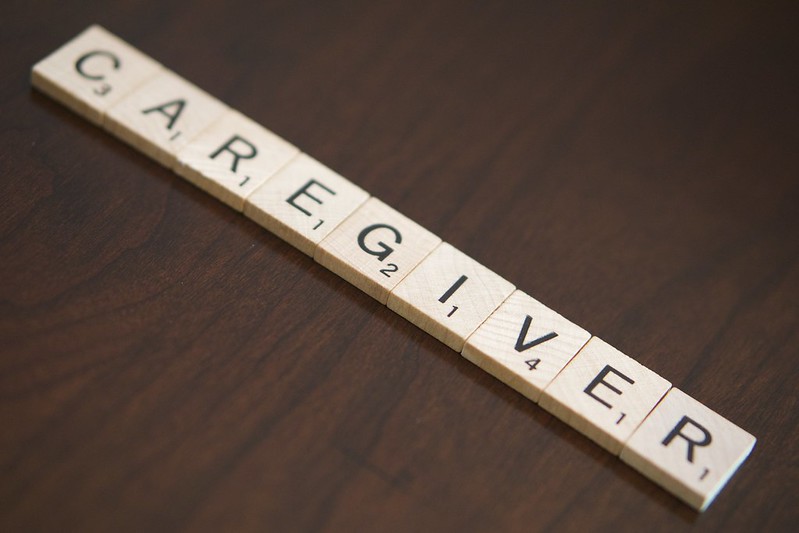|
Each year approximately 500,000 seniors let their life insurance policies lapse, walking away from over $100 billion in benefits. That is a lot of money that seniors are giving up for nothing. Unfortunately most seniors who have let a policy lapse say they would have considered selling it had they known they could.
The process of selling a life insurance policy is known as a life settlement. This involves selling an existing life insurance policy to a third party for more than the policy's cash surrender value, but less than the death benefit. Life settlements can be a valuable source of liquidity for people who would otherwise surrender their policies or allow them to lapse, or for people whose life insurance needs have changed, but they are not for everyone. The amount you will receive depends on several factors, including your age, health and the terms and conditions of your policy. In addition to paying you a lump sum for your policy, the buyer agrees to pay any additional premiums that might be required to support the cost of the policy for as long as you live. In exchange, the buyer will receive the death benefit when you die. Reasons to Sell Your Life Insurance Policy Each person’s situation is unique, and reasons for selling a policy will vary, but ultimately a sale will occur when a person no longer needs, wants, or can afford their policy. This may happen when:
Factors to Consider When Deciding to Sell Your Life Insurance Policy Life settlements have proven to be profitable for institutional investors. As a result, competition among life settlement providers has become increasingly intense. Because the life settlement industry may target seniors who could be in poor health, it can be prone to aggressive sales tactics and abuse. This does not mean that you should never consider a life settlement. A life settlement might make sense for you if you no longer want or need your current policy, or if you can no longer afford the expense of paying insurance premiums. Even if these factors apply to your situation, you should proceed with caution and consider the following issues: 1. Ongoing Life Insurance Needs: If you are considering buying a new policy with the proceeds of the life settlement, you will need to determine whether you will be able to get a new policy with equivalent coverage and at what cost. You might want to consider options such as reducing your existing amount of coverage or making a 1035 Exchange. A 1035 Exchange is a tax advantaged method for swapping an individual’s life insurance coverage from one policy to another. 2. Less Costly Alternatives: If one of the factors driving your decision is a need for cash, be aware that surrendering your life insurance policy for its cash value or pursuing a life settlement are not your only options. If you still want coverage you might consider borrowing against your policy. Also some policies offer accelerated death benefits, which allow an individual with a long-term, catastrophic, or terminal illness to receive benefits on his or her policy before dying. 3. Difficulty Determining a Fair Price: One of the hardest things to know when you are selling a life insurance policy is whether you are getting a fair price. The best way to make sure you are getting a fair price is to shop around. 4: Impact on Your Finances: A cash payment from a life settlement can have unintended financial consequences, especially if your financial circumstances have changed from when you first bought the policy. For instance, if you currently receive Medicaid benefits, a life settlement could impact your ability to participate in that program. 5. Impact on Your Survivors: Carefully consider your need for immediate income against the future financial needs of your survivors. Before you proceed with a life settlement, be sure you fully understand the financial implications for you and your family. You may want to consult your attorney, accountant or trusted financial professional. More than 10% of caregivers look after a family member or friend from a distance. Not being nearby can make the task much more difficult and expensive. According to the latest AARP study, three-quarters of the family caregivers surveyed reported spending an average of $7,242 annually on out-of-pocket costs related to caregiving,. Long-distance caregivers often spend quite a bit more since long-distance caregivers are more likely than local caregivers to hire help, take unpaid time off work and pay for travel expenses.
The following tips can help make long-distance caregiving easier and more effective. Build a Team If you can’t physically check in on your loved one regularly, get help from others who can. This could be other family members or friends who live nearby, or even a friendly neighbor. Enlisting other family members can help lighten the load. They can pitch in to make daily check-in calls or handle tasks such as paying bills, making medical appointments and picking up groceries. If you have the resources, consider hiring a Certified Senior Advisor to help you evaluate your loved one’s care needs or hire home care aides if necessary. A certified Senior Advisor will have extensive experience in the senior care industry. An initial consultation up to one hour is typically free of charge, but then the advisor can be enlisted as necessary on an hourly basis. For instance, if there is an emergency and you need a trusted advisor to make a hospital visit, they can step in and keep you up to date. In home care aides can be in the home 24/7 which is nice for peace of mind but with hourly fees ranging from $30-50 per hour in can become expensive very quickly. Utilize Technology Devices like an iPhone or an Alexa can make video calls easy but those aren’t the only tools that can make help long-distance caregivers. Medical alert systems can allow a loved one to summon aid, and some have fall detection technology that will alert emergency responders even if your loved one is unable to communicate that they need help. Smart medication dispensers manage medications and let caregivers know if doses aren’t taken. Smart home systems can also help. A smart door lock, for example, can allow you to grant access to someone such as a friend or a health aide. Smart light bulb can allow your loved one to turn lights on or off with just the sound of their voice and a smart thermostat can help you ensure a comfortable temperature. Research Available Resources Your loved one may be eligible for public benefits that could help with caregiving tasks or costs. Start your search at Benefits.gov. Veterans often have many resources available to them, but the system can be difficult to navigate. Elder Veterans Legal Aid Group is and excellent resource to help guide you in the right direction. Be sure to ask about other resources, such as long-term care insurance. In the event that assisted living is necessary you may need to look at utilizing savings or home equity. Talking about money can be difficult, but the sooner you have the conversation the easier it will be to navigate a crisis should one arise. An Elder Law Attorney or a Certified Senior Advisor can be instrumental in guiding these conversations. This estate planning workbook can be helpful when planning for care, finances and end of life if arrangements have not already been made. Having a plan in writing can provide a lot of peace of mind. |
AuthorTyice Strahl Categories
All
Archives
May 2023
|
- Home
-
Settings
- Assisted Living
- Home Care
- Independent Living
- Memory Care
- Skilled Nursing
- Adult Family Homes
-
All Communities
>
- Aspen Quality Care
- Avamere South Hill
- Brighton Court
- Brookdale Nine Mile
- Brookdale Park Place
- Cheney Assisted Living
- Cherrywood Assisted Living
- Colonial Court
- Cornerstone Court
- Evergreen Fountains
- Palouse Country
- Fairview Assisted Living
- Fairwinds
- Fairwood
- Fieldstone Memory Care
- Good Samaritan
- Maplewood Gardens
- Moran Vista
- North Point Village
- Orchard Crest
- Pine Ridge Memory Care
- Emilie Court
- Ridgeview Place
- Riverview Retirement
- Rockwood Retirement Community
- Rose Pointe Assisted Living
- Royal Park
- South Hill Village
- Sullivan Park Assisted Living
- Sunshine Health Facilities
- Touchmark Assisted Living
- Willow Grove
- Wind River
- Alderwood Manor
- Franklin Hills
- Manor Care
- North Central Care Center
- Providence St Joseph
- Regency at Northpointe
- Royal Park Health and Rehabilitation
- Spokane Veterans Home
- The Gardens on University
- Spokane Assisted Living Directory
- Locations
- Services
- About
- Senior Living Blog
- Contact



 RSS Feed
RSS Feed
